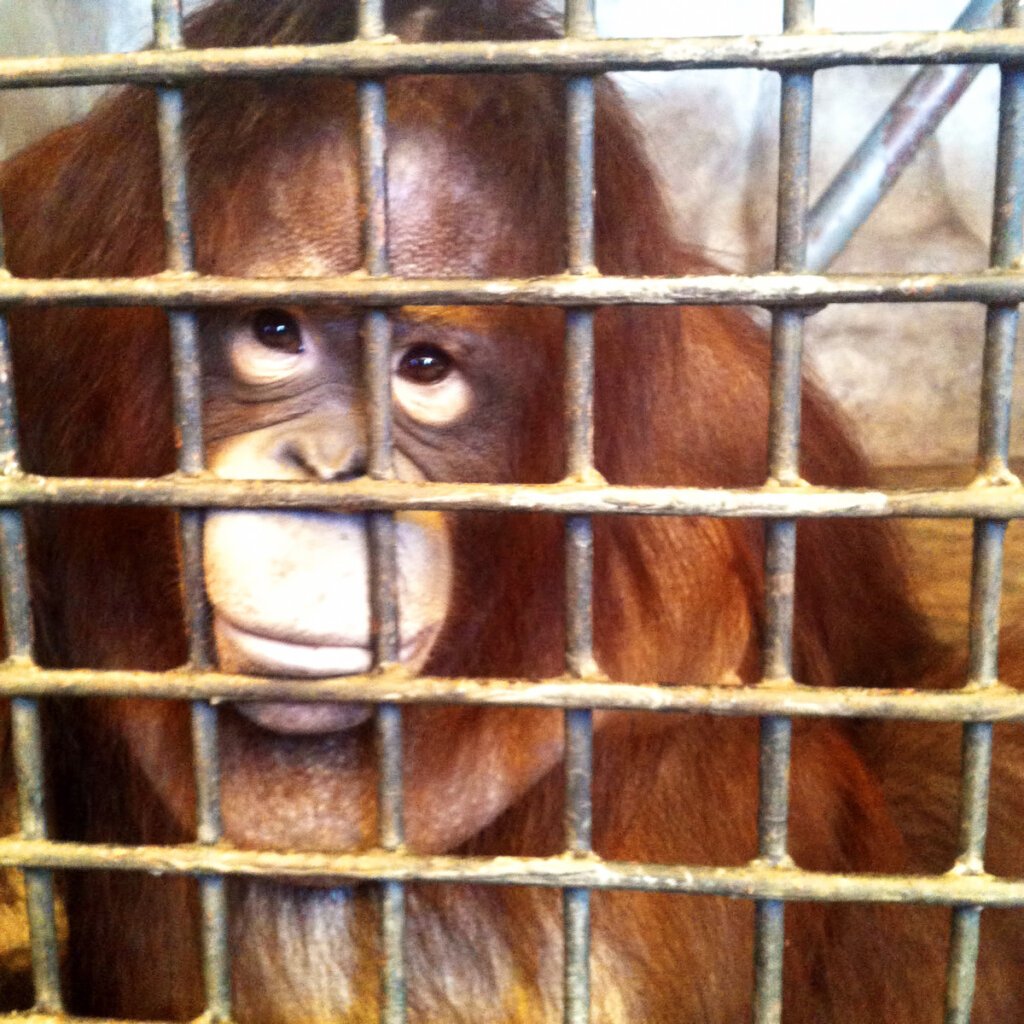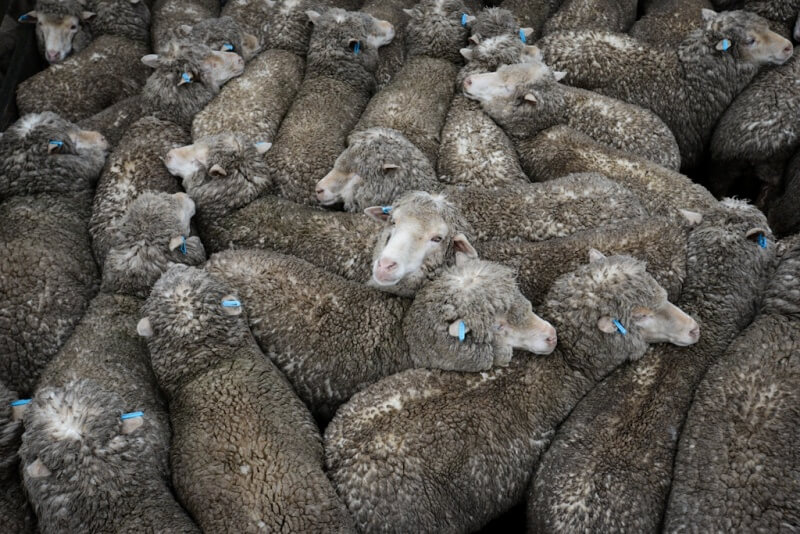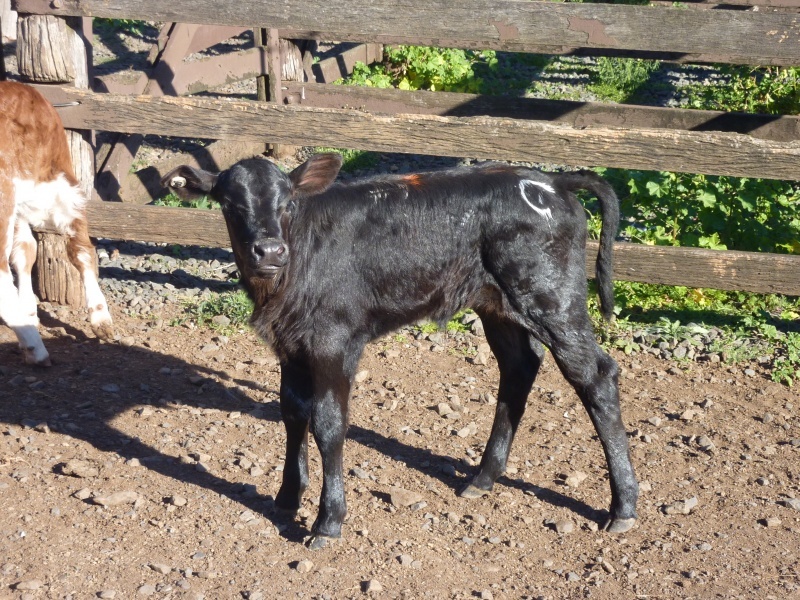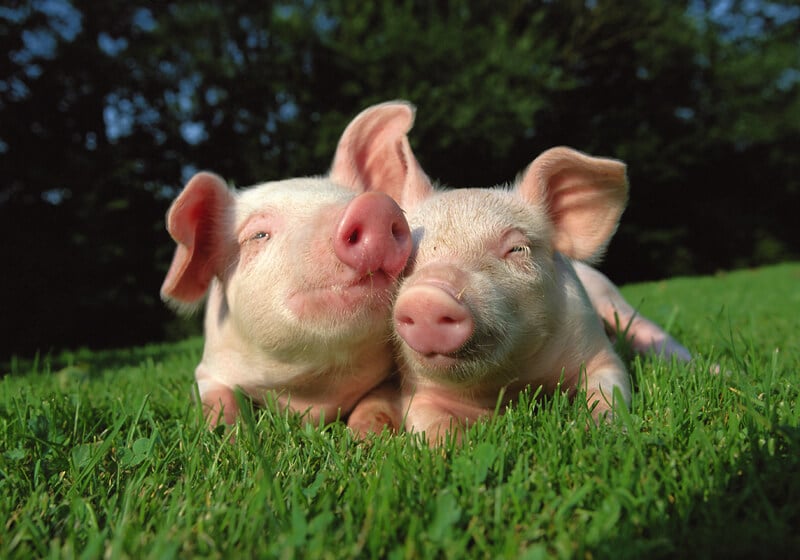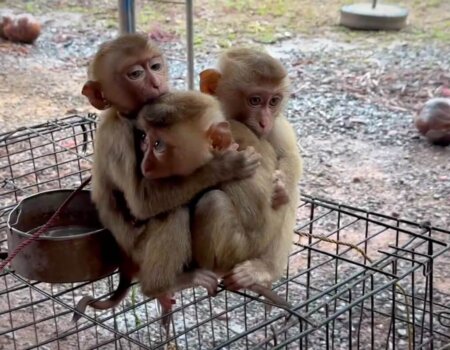Why Animal Rights?
Almost all of us grew up eating meat, wearing leather, and going to circuses and zoos. Many of us bought our beloved “pets” at pet shops, had guinea pigs, and kept beautiful birds in cages. We wore wool and silk, ate McDonald’s burgers, and fished. We never considered the impact of these actions on the animals involved. For whatever reason, you are now asking the question: Why should animals have rights?
In his book Animal Liberation, Peter Singer states that the basic principle of equality does not require equal or identical treatment; it requires equal consideration. This is an important distinction when talking about animal rights. People often ask if animals should have rights, and quite simply, the answer is “Yes!” Animals surely deserve to live their lives free from suffering and exploitation.
Jeremy Bentham, the founder of the reforming utilitarian school of moral philosophy, stated that when deciding on a being’s rights, “The question is not ‘Can they reason?’ nor ‘Can they talk?’ but ‘Can they suffer?’” In that passage, Bentham points to the capacity for suffering as the vital characteristic that gives a being the right to equal consideration. The capacity for suffering is not just another characteristic like the capacity for language or higher mathematics. All animals have the ability to suffer in the same way and to the same degree that humans do. They feel pain, pleasure, fear, frustration, loneliness, and motherly love. Whenever we consider doing something that would interfere with their needs, we are morally obligated to take them into account.
Supporters of animal rights believe that animals have an inherent worth—a value completely separate from their usefulness to humans.
We believe that every creature with a will to live has a right to live free from pain and suffering. Animal rights is not just a philosophy—it is a social movement that challenges society’s traditional view that all nonhuman animals exist solely for human use. As PETA founder Ingrid Newkirk has said,
“When it comes to pain, love, joy, loneliness, and fear, a rat is a pig is a dog is a boy. Each one values his or her life and fights the knife.”
Only prejudice allows us to deny others the rights that we expect to have for ourselves. Whether it’s based on race, gender, sexual orientation, or species, prejudice is morally unacceptable. If you wouldn’t eat a dog, why eat a pig? Dogs and pigs have the same capacity to feel pain, but it is prejudice based on species that allows us to think of one animal as a companion and the other as dinner.
Help Animals in 2025: Renew Your PETA Membership!
